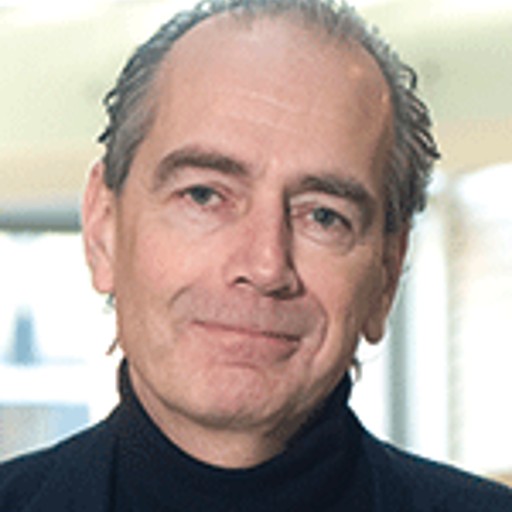
3.7 billion people of the world's population have limited access to reliable diagnostics, something that VIDEM want to change. The company, based on research from Chalmers and Uppsala University, has developed a unique innovation that can revolutionize current diagnostics, making them more reliable, accessible, and cost-effective.

The story of VIDEM began in 2014 with an idea for virus diagnostics that could be used to prepare for a pandemic. Dag Winkler, professor of physics, together with colleagues from Chalmers, Rise, KI, SciLifeLab, and Uppsala University, submitted a project proposal based on a technology called Rolling Circle Amplification (RCA).
“The research project was funded by the Swedish Foundation for Strategic Research and lasted for 6 years. The project was concluded at the beginning of the Covid-19 pandemic when the need for reliable and accessible diagnostics became clearer than ever,” says Dag.

Researchers Dag Winkler and Sobhan Sepehri met students Maria Barklund and Petter Barreng through Chalmers Entrepreneurship School. In the fall of 2021, the company was founded together with Aldo Jesorka from Chalmers, as well as Maria Strömme and Teresa Zardán Gómez de la Torre from Uppsala University.
"We saw great potential in making the project into a company, and we firmly believed in the vision and research behind it," says Maria.
A unique innovation
Diagnostics today largely rely on central lab tests and rapid tests (antigen tests). Sending samples to a laboratory results in long waiting times, and rapid tests have limited reliability. What VIDEM wants to enable is the creation of fast and accurate diagnostics at a low cost.
"Our technology has significant advantages such as high accuracy and fast results at a very low cost, which is essential to address global needs. Another strength is the multiplexing capabilities, meaning we can test for multiple diseases in the same sample, which is crucial for informed decision-making and proper treatment," says Maria.

Petter explains the technical aspect by combining the amplification and detection methods in a microfluidic lab-on-a-chip. The sample is inserted into the test cartridge (lab-on-a-chip), and the process of sample preparation, amplification, and detection occurs automatically.
"There are many advantages to our technology, and the process applies to many different viruses and bacteria, creating opportunities to address various needs in the future," says Petter.
It can be used for primary health care and at home
There are great ambitions for their product to be in every home and every hospital in the future.
"The goal for VIDEM is to create global utility within 10 years and be used at home, even though our initial focus is primary health care. We have access to a lot at any time, but something as fundamental as testing oneself for various diseases is currently highly limited. The product we are developing should be so simple that it can be used anywhere," says Maria.
"Our vision is an important part of our company and our team-building. We strongly believe in our researchers, our team and our technology. The same applies to investors and when we recruit," says Petter.
Continued collaboration with Chalmers
Chalmers has been an important arena for developing the company. For example, the sensor is being developed in the cleanroom at MC2 in collaboration with other researchers.
"We work closely with our co-founders from Chalmers and Uppsala University and have received grants from Vinnova for collaborations in technology development. The fact that the company originally comes from a university like Chalmers (and Uppsala) naturally strengthens the validity of the company," says Maria.
“VIDEM is an exciting project with many fascinating components and knowledgeable people involved. The company can contribute to society, and corporate formation is therefore important. Petter and Maria are also very successful in leading the company," says Dag.
- Full Professor, Quantum Device Physics, Microtechnology and Nanoscience
